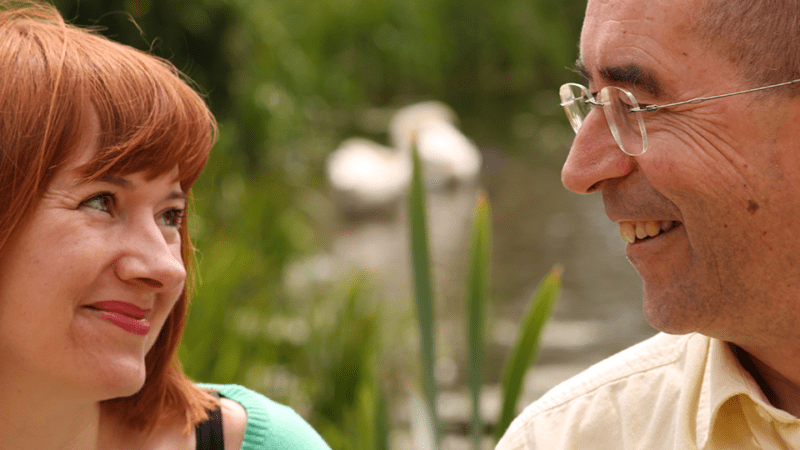
“My final years with Charles shouldn’t have been as stressful as they were”
Kerry shares her experience of caring for her husband, Charles, and the difficulty finding any sort of specialist support.
Julie Hayden was diagnosed with dementia at just 54 years old. She’s since dedicated herself to advocating for people living with dementia and elevating the voice of lived experience.
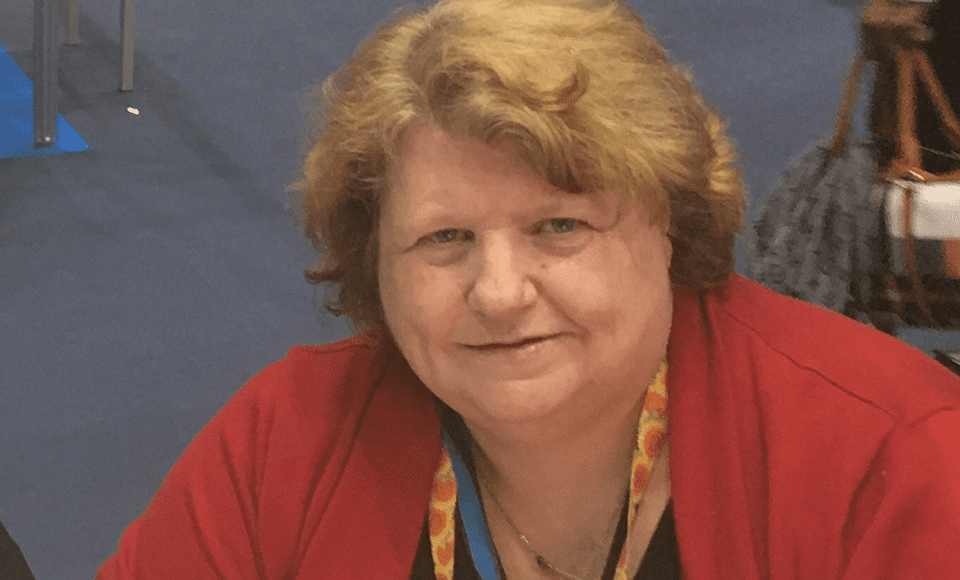
My name is Julie and I’m from Halifax in West Yorkshire. In May 2017, I was diagnosed with young onset dementia. I was 54 years old. I had been experiencing failing and fluctuating health for over 5 years, but it had always been dismissed as firstly depression, then menopause.
When the dementia diagnosis was delivered, it was in a very cold and clinical manner. My appointment was late in the afternoon. I was attending alone as I have no family support. The waiting room was emptying as the clock ticked on, and eventually even the reception staff were packing up.
Eventually I was shown into a tiny room resembling a cupboard. The doctor was like a schoolmarm; no warmth. I was told it was dementia, though not Alzheimer’s as my memory was too good. There was no time for talk or questions, just a prescription for some medication and a goodbye.
I initially thought it might be just my bad luck in falling through the cracks in the system, but I’ve been devastated over the years to find that experiences like this are the norm for most people.
On arriving home, I allowed myself a few hours crying to cope with the shock.
Even before my diagnosis, dementia was no stranger to me. I was aware that it had affected every generation at least once on my dad’s side of the family. I lost both of my parents to it, though they were much older than me when they received their diagnosis.
My symptoms began in my late 40s when I was working as a social worker within an older person’s community team. I started to develop problems with multi-tasking and my ability to assess the needs of my clients became increasingly difficult.
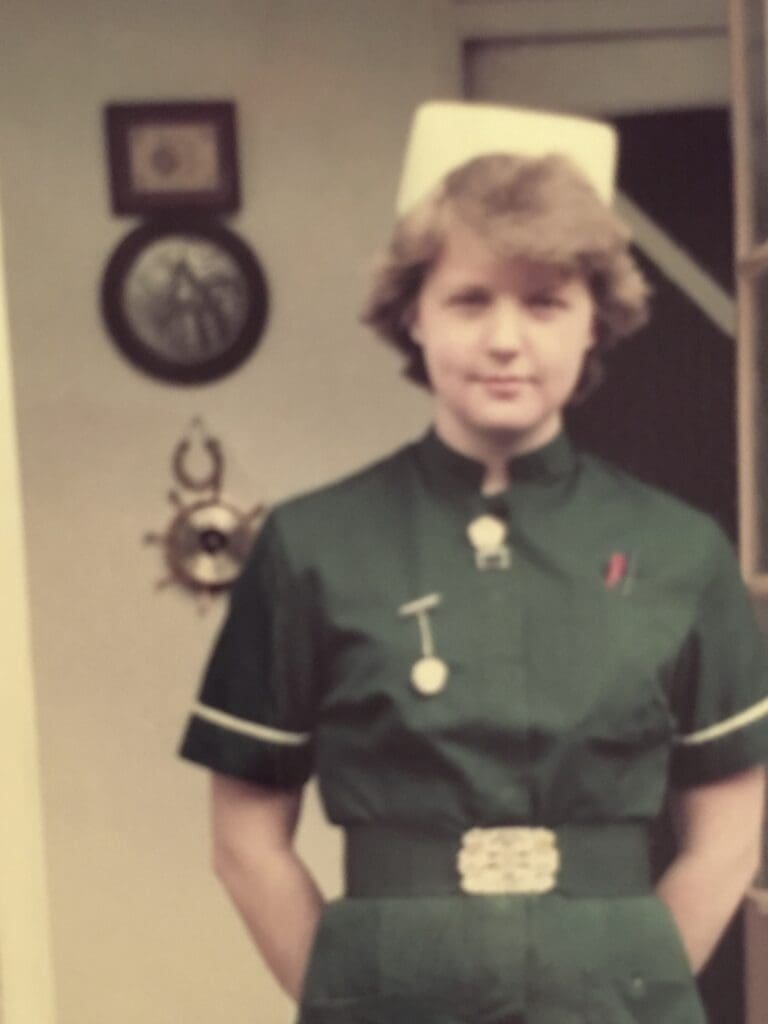
We were a paperless office, relying on our computers. But sometimes I would come into the office, sit at my desk and have no idea how to turn on my computer. I felt embarrassed, stupid and confused, not wanting to own up to what was happening by asking for help. So I would go and make myself a coffee and settle down at my desk again, but still not able to get started with my work. I’d turn to colleagues, making small talk, trying to delay and give myself some recovery time.
I became more clumsy, less observant and at times less able to cross the road safely. It was a scary time. Despite the fact that I worked in a caring profession, there was no understanding or support from my managers. I would have had to stop working eventually, but if I had received more understanding and reasonable adjustments, I know I could have continued to work for some time. I still had so much to offer.
For some years, I tried to put off arranging carers for myself. I have always found it much easier to provide care than to accept it. However, as I’m living on my own, it’s a personal hurdle I’ve had to overcome. At the moment, I accept help twice a week.
The prospect of a different carer arriving each time really worried me. In my mind, having a fresh stranger providing personal care every day brought with it a new embarrassment. I can no longer keep my home in good order due to my increased disabilities and am unable to afford cleaning services. I fear the judgement of every stranger who visits me, especially younger carers who may have less experience and understanding of my circumstances.
I clear my own rubbish, but the carers dispose of the bags for me as the shared bins for my block of flats are large metal bins which are too heavy for me to open. I still do my own laundry, choosing easycare clothes which need no ironing so I only need to air the clothes to dry them. I have my groceries and medication delivered and have set up direct debits for all my regular bills. I can only shop in person for small items, so I make use of internet shopping much of the time. I buy household goods in bulk online, such as toilet rolls and liquid soap.
I have applied to my local authority for more manageable accommodation, but waiting lists are long, especially as accessible housing is scarce. I am on the waiting list for two extra sheltered housing units.
One difficult thing I’ve had to deal with since my diagnosis is people dropping off due to them not really knowing how to handle me or my condition. People carry preconceptions on what a diagnosis of dementia will do to someone, and out of fear, worry or another reason, they slowly (or sometimes quickly) withdraw from your life. Perhaps the fact I live alone with my condition is even more confronting to people’s misconceptions.
What I would say to these people is simple. I was no less a person the day after my diagnosis than the day before. I am still a mother and a grandmother, and the friends I have in my life now are the best I’ve ever had.
I can’t choose whether I have dementia, but I can choose how I deal with it. I view this experience as an opportunity rather than a loss in my life. And, at certain times in life you are presented with an opportunity to assess which people in your life are genuine, and which are mere fly-by-nights.
Specific times of the year can be tougher than others for people who live alone without dementia, let alone with it! One such time is Christmas.
For the last six years, I’ve run a ‘Living alone with dementia’ group through an organisation called Dementia Alliance International (DAI). Christmas Day is one of our meeting days. It’s so nice to be among people who understand what each of us is going through. Some have family to go off to afterward, but still want to check in, as they often have trepidation about the changing dynamic of what the day looks like for them. Others have nobody to see on Christmas Day. But in this group, we’re there for each other, and our meeting is about raising a glass to one another. When you have dementia and live alone, groups like this mean the world.
Dementia care is so fractured in this country, and it can be a real postcode lottery in terms of the level of support you receive. It certainly hasn’t been easy for me. And after talking with so many others who have felt let down by our systems and services, I know I’m not alone.
Since my diagnosis nearly eight years ago, I have been referred to countless medical professionals. Many haven’t communicated with each other – and many of whom simply do not have an adequate understanding of young onset dementia and its nuances.
Frustratingly, it seems much service provision is built on the assumption that dementia is reserved for the elderly. After my diagnosis, I started going around the dementia cafes in my area, but although friendly, they were organised around the needs and interests of people from my parents’ generation. There was no one my age to relate to, so I decided to establish my own young onset peer support group (YODA Halifax), working with community organisations across my borough. I gave talks to create greater awareness of how dementia presents differently in younger people and why our needs can differ, campaigning for improvements in local services.
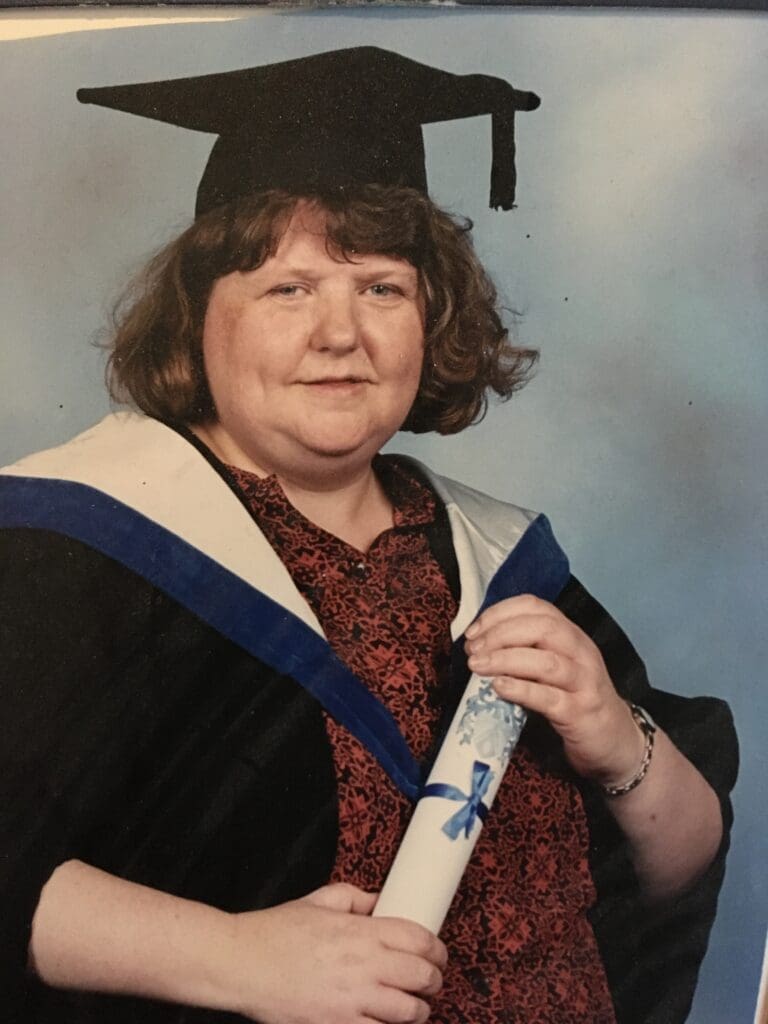 This led to me connecting and working with many charities across the country and becoming involved in research. This has been of great benefit to me as it acts as cognitive stimulation. Being involved in activism has given me a sense of purpose that otherwise I wouldn’t have. It’s become a third career for me. This sense of occupation which we lose when we lose our careers gives us back a life rather than just an existence.
This led to me connecting and working with many charities across the country and becoming involved in research. This has been of great benefit to me as it acts as cognitive stimulation. Being involved in activism has given me a sense of purpose that otherwise I wouldn’t have. It’s become a third career for me. This sense of occupation which we lose when we lose our careers gives us back a life rather than just an existence.
I believe more people should be encouraged and enabled to become involved as much as they wish. This sense of occupation, which we lose when we lose our careers, gives us back a life rather than just an existence.
It’s really important for me to share my story. It’s also important that people listen. I want my experience, and others like mine, to inspire action.
I know that I have only a certain amount of time left to share my voice. I watched dementia rob both of my parents of their voices. And as I’m on a solo journey with my dementia, and don’t have someone speaking up for me, I have to do it.
So while I still have a voice, I want you to hear it.

Kerry shares her experience of caring for her husband, Charles, and the difficulty finding any sort of specialist support.
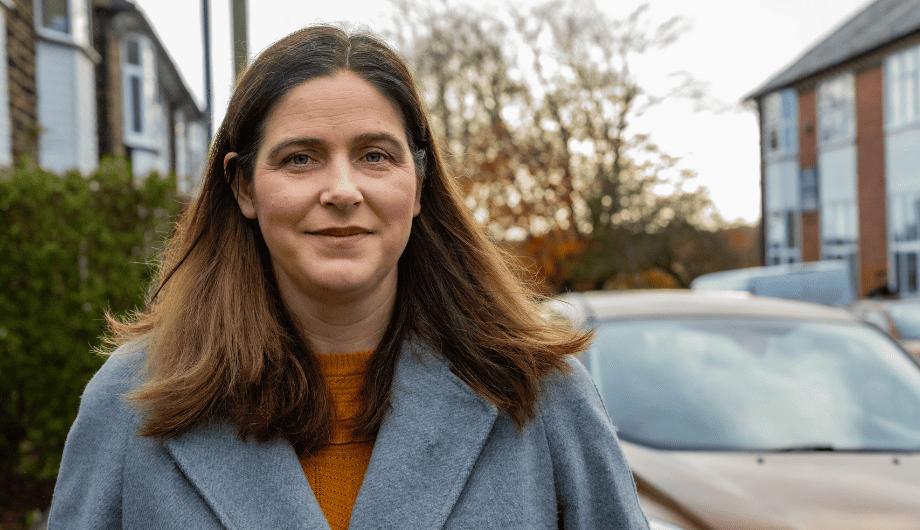
When her partner Andy was diagnosed with dementia at the age of 52, Christine struggled to know where to turn. She is supporting our ‘We live dementia’ campaign to raise awareness of how our specialist dementia nurses can help.
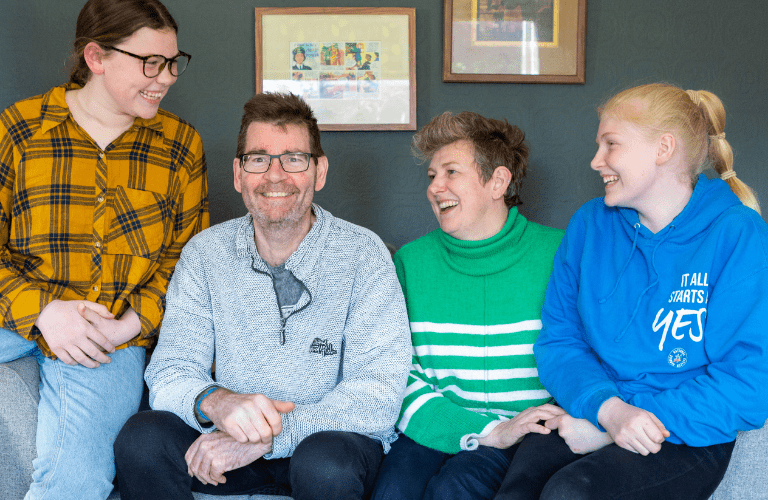
Hannah’s husband Neil was diagnosed with young onset dementia at the age of 51. She shares how the whole family is living with dementia too.